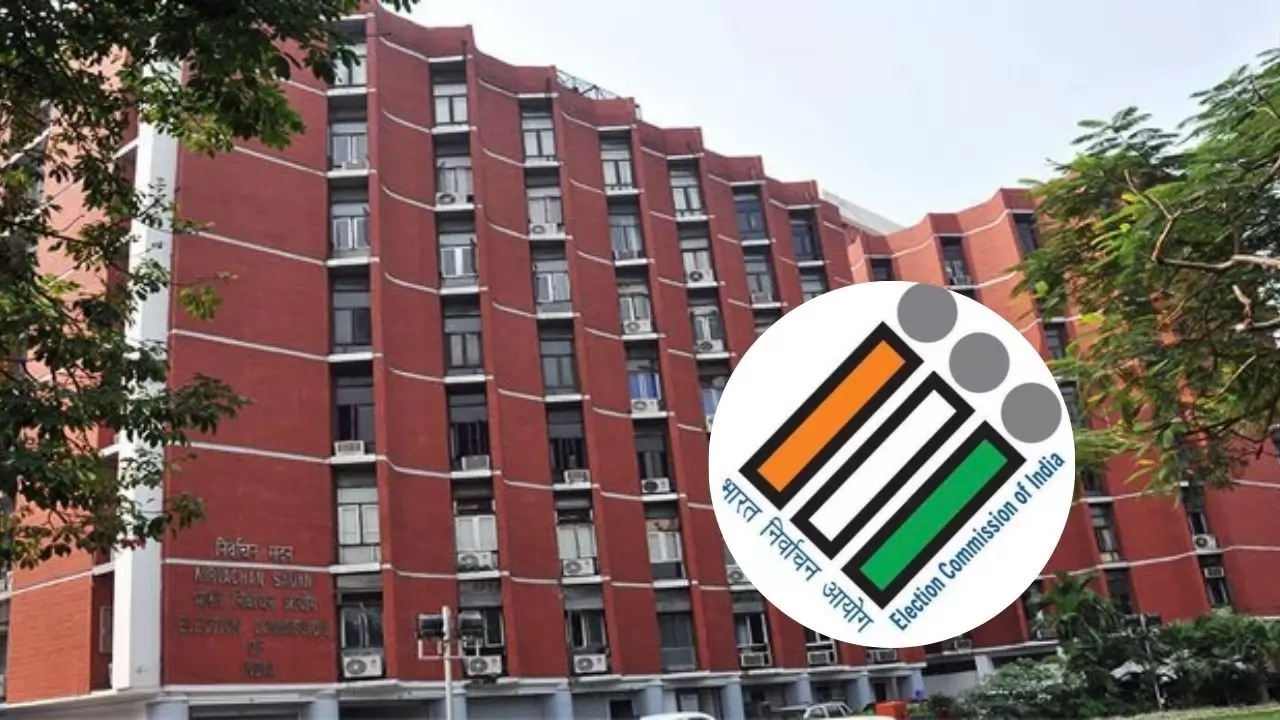
ECI
The Election Commission of India has uploaded the latest electoral bonds data with unique alphanumeric codes on its website. This move follows the submission of all electoral bond details by the State Bank of India (SBI) earlier in the day, as communicated to the Supreme Court.
The Election Commission of India uploads the data on Electoral Bonds provided by the State Bank of India (SBI). pic.twitter.com/0zsVbCVzyg
— ANI (@ANI) March 21, 2024
The uploaded data includes crucial serial numbers for the bonds, which can be used to link donations made through these instruments to the respective political parties. Details regarding bond redemption by political parties, such as serial numbers, encashment dates, party names, and partial bank account numbers, have also been provided.
The unique alphanumeric code is essential for identifying donors and recipient parties, which can only be viewed using ultraviolet (UV) light.
This development comes after the Supreme Court's directive to the SBI to disclose all electoral bond details, including the unique identification code, by March 21. The Court instructed the Election Commission to publish the details upon receipt from the SBI.
38FDMl1SUX by satyam.kumar on Scribd
GchkVwKawS (1) by satyam.kumar on Scribd
In its affidavit to the Supreme Court, the SBI chairman clarified that the alphanumeric code is derived from the prefix and bond number. However, full bank account numbers and KYC details of political parties and purchasers remain undisclosed to safeguard account security.
The bank emphasized that the disclosed information reveals the purchaser's name, bond denomination and number, encashing party's name, and partial bank account details, ensuring transparency without compromising security.
Earlier, the SBI had provided two lists to the Election Commission, which were released on March 14. The first list included donor names, bond denominations, and purchase dates, while the second listed political parties alongside bond denominations and encashment dates.





Copyright © 2026 Top Indian News
